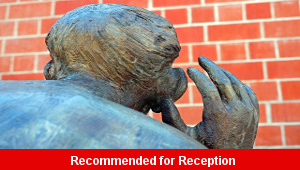Lesson Five – Farm Jobs

This numeracy teaching pack for the Foundation Stage gets the children to identify and record how to use a selection of jobs that can be performed on a farm to identify the number sums that are one less than different numbers to ten.
The class can select and match cards to show the matching sums that can be produced when subtracting one from different numbers to ten.
Download this teaching pack including a lesson plan, classroom activities and an interactive presentation to identify and record how to use a selection of jobs that can be performed on a farm to identify the number sums that are one less than different numbers to ten
Activities in this teaching pack include a set of cards to identify and match numbers that are one less than different numbers to ten for each statement about a farm and a template to select and record matching numbers of objects to ten that might be stored in a barn on a farm.
The interactive presentation gets the children to explore how to use a selection of farm jobs to identify number sums that are one less than different numbers to ten.
This lesson is part of a numeracy scheme of work to get the children to identify and record counted sets of objects that are one less than different numbers to ten on the theme of farms and farming. There are teaching activities for shared learning, differentiated worksheets to support independent learning and interactive presentations to introduce concepts and key skills.
-

School Friends
Investigate, describe and model some of the special ways of providing practical, spiritual and emotional support to other pupils in the school
-

School Pictograms
Explore how to count and record the numbers of different pieces of school equipment that can be found in trays stored around the classroom
-

Listening Skills
Develop and refine listening skills when practising how to follow commands and instructions when playing games and role-playing actions
-

Halving Things
Explain and model how to find and record the halves of some of the different objects that can be used at home and in school
